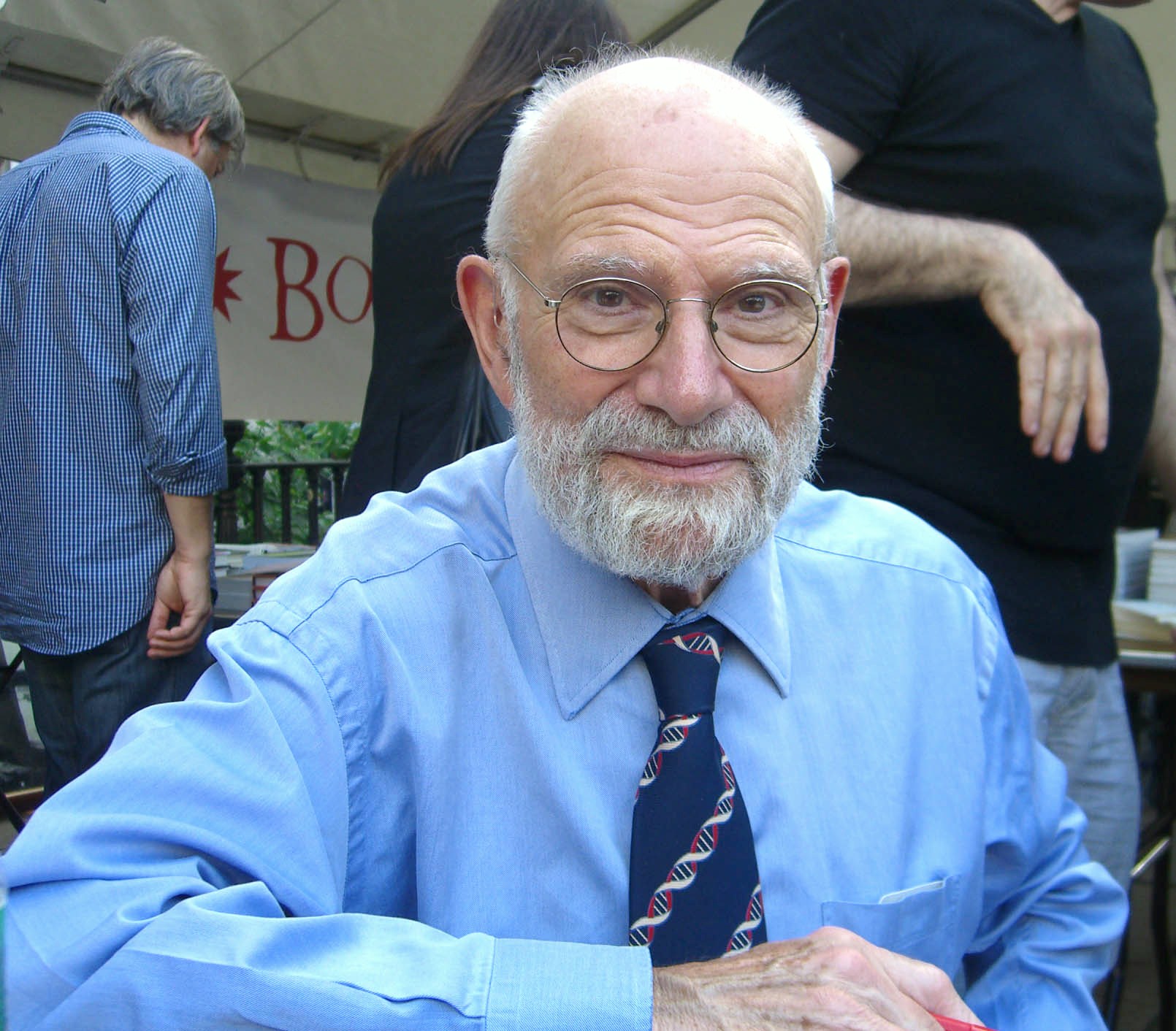Oliver Sacks From Wikipedia, the free encyclopedia
SSTattler: "Sacks was the author of numerous best-selling books, mostly collections of case studies of people with neurological disorders.” You will have to read books from Sacks,... some are very good, very interesting, and partly about “stroke”. Try, for example, he wrote "The Man Who Mistook His Wife for a Hat” and published in 1985. He died August 31, 2015.
 |
Oliver Wolf Sacks - Physician, Professor, Author
at the 2009 Brooklyn Book Festival |
Oliver Wolf Sacks, CBE, FRCP (9 July 1933 – 30 August 2015) was a British neurologist and author who spent his professional life in the United States. He felt that the brain was the "
most incredible thing in the universe" and therefore important to study. He became widely known for writing best-selling case histories about his patients' disorders, with some of his books adapted for film and stage.
After studying at The Queen's College, Oxford, where he received his medical degrees in 1960, he moved to the U.S. and completed his residency in neurology at Mount Zion Hospital in San Francisco. He relocated to New York in 1965, where he became professor of neurology at New York University School of Medicine. Between 2007 and 2012, he was professor of neurology and psychiatry at Columbia University, where he also held the position of "
Columbia Artist", which recognized his contributions to art and science. He was also a faculty member at Yeshiva University's Albert Einstein College of Medicine, and a visiting professor at the University of Warwick.
Sacks was the author of numerous best-selling books, mostly collections of case studies of people with neurological disorders. His writings have been featured in a wider range of media than any other contemporary medical author; the The New York Times called him a "
poet laureate of contemporary medicine". His books included a wealth of narrative detail about his experiences with patients, and how they coped with their conditions, often illuminating how the normal brain deals with perception, memory and individuality.
Awakenings (1973), an autobiographical account of his efforts to help people with encephalitis lethargica regain proper neurological function, was adapted into the Academy Award-nominated film in 1990, starring Robin Williams and Robert De Niro. He and his book
Musicophilia: Tales of Music and the Brain were the subject of "
Musical Minds", an episode of the PBS series Nova. In 2008 Sacks was awarded a CBE for services to literature during the Queen's Birthday Honours.
Early Life










































